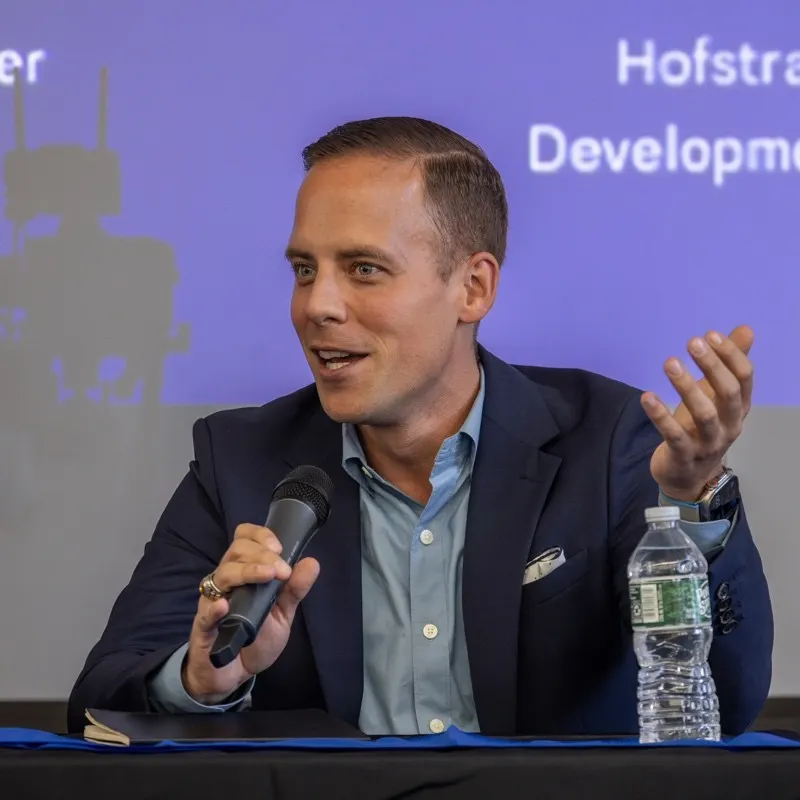The two major accounting bodies in the U.S. have formally proposed a new set of CPA standards that could pave the way for fewer credit hour requirements for public accountants across the country.
On Tuesday, the National Association of State Boards of Accountancy and the American Institute of CPAs released the ninth edition of the Uniform Accountancy Act, which provides guidelines for state legislatures to craft their own CPA requirements. Notably, the latest version of the UAA includes a pathway that would require only a bachelor’s degree in accounting — the equivalent of 120 credit hours — plus two years of experience and passage of the CPA exam. It’s in line with the path that several states have already taken.
The updated UAA also paves the way for CPAs to work across state lines with only one license, according to the NASBA and the AICPA.
“What this essentially does is make it easier for states to change their licensing rules and have them accepted by other states,” said Jack Castonguay, associate professor of accounting at Hofstra University. “That’s highly relevant right now, given so many states are going from requiring 150 hours to be licensed to options that include 120 hours.”
The organizations billed the move as a way to ease the industry’s ongoing talent shortage and allow more mobility for existing CPAs.

“We believe that these revisions remove barriers to licensure, while at the same time will strengthen the profession by maintaining a strong pipeline of accounting talent and maintaining the system of cross-border practice currently enjoyed by CPAs,” wrote AICPA’s UAA committee chair Thomas Neil and NASBA’s UAA committee chair CPA Dan Vuckovich in an introductory letter to the new standards.
It’s important to note that the updated pathways in the UAA and across the various states does not eliminate the 150-hour pathway as an option for licensure. Only Minnesota has plans to “sunset” the 150-hour pathway.
Though they initially resisted changes, the AICPA and NASBA have been considering lowering credit-hour requirements for CPAs for a while now. Back in October, the organizations released a draft of the UAA that included the 120-hour pathway.
“While past joint efforts at promoting high professional standards, protecting the public, and increasing uniformity of regulation have been important, they had not produced the level of results either organization felt were satisfactory,” the organizations wrote in the preface to the UAA’s ninth edition. “Coupled with other significant factors occurring in the global marketplace for accounting services, this led both AICPA and NASBA to begin to examine new ways to respond in this area.”
The latest edition of the UAA would still need to be accepted by all 55 licensing jurisdictions in America, which includes all 50 states, Puerto Rico and Washington, D.C. But Hofstra’s Castonguay is fairly certain all will eventually adopt the new guidelines in some fashion.
“If they don’t, they’d be putting themselves at a competitive disadvantage,” he explained. “I don’t see any reason why all the jurisdictions won’t ultimately adopt this.”
Castonguay believes the changes will increase the number of accounting students and professionals in the years ahead.
As CFOs who came up through the accounting track are well aware, the 150-hour requirement has not been the universal standard in accounting for very long. Though Florida was the first state to implement the mandate in 1983, the rule took over 30 years to become widely accepted across the nation, only after Colorado’s adoption in 2015. Castonguay said this is an overlooked factor by many in corporate finance when evaluating the impact of removing the 150-hour requirement now.
“People forget how recent this change [to 150 hours] was in a lot of states,” Castonguay said. “If you look at most accounting firms right now, they’re led by partners who were licensed when it was only 120 hours. … I wouldn’t say that we’re loosening standards. I would say we are going back to what the standards used to be, and what they should have been the whole time.”





